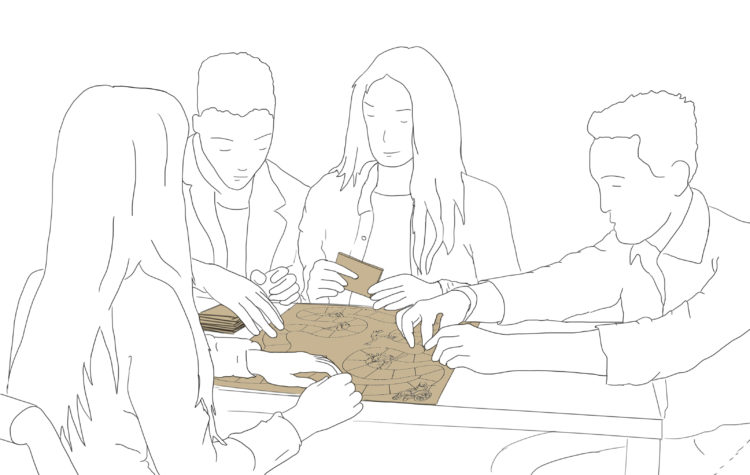Understanding anorexia nervosa
Dec 2018 - ongoing
Mental illnesses, like eating disorders, autism and depression, are often subject to prejudices and stereotypes. Gradually, talking about autism and depression is becoming more and more accepted, and people are becoming more familiar with the existence of an autistic spectrum. However, it is still a commonly held belief that people with anorexia nervosa ‘just have to start eating again’. There is a need for greater understanding.
I have performed interviews with patients and parents of children with anorexia nervosa. These showed that this need for greater understanding has multiple layers:
- There is a need for understanding of anorexia nervosa by society at large, in order to remove widespread prejudices.
- Patients need more understanding from their family and friends.
- Patients require deeper understanding from their parents and partner. Patients would like their parents/partners to fight with them against anorexia together; this asks for a more profound understanding of the illness.
- Parents would like more sympathy from their workplaces, to be able to visit their child’s clinic or to stay at home for the sake of their child’s health.
Studies have shown that people retain information better when they are forced to contemplate a problem and think of a solution themselves. Empathy further elevates this level of understanding. Hence, I decided to develop a game: A game gives players the possibility to ask questions, think for themselves, and the opportunity to feel and reflect. Furthermore, it is possible to make different versions of a game: a version for general understanding (to play with family, friends, colleagues) and a version that will lead to detailed knowledge about how anorexia works for the patient in question (played with parents, partners, close friends). Finally, a game leads to discussion, which will make sure the newly obtained knowledge will be applied to the needs of the specific person.
I am developing a board game that will consist of several phases. The clinic will decide at which moment in time it is appropriate for the patient and their support network the receive the items to play a particular phase of the game. In this way, the game fosters an environment in which it is easier for both the patient and his/her support network to fight against the anorexia.

Project coach: Rick Schifferstein